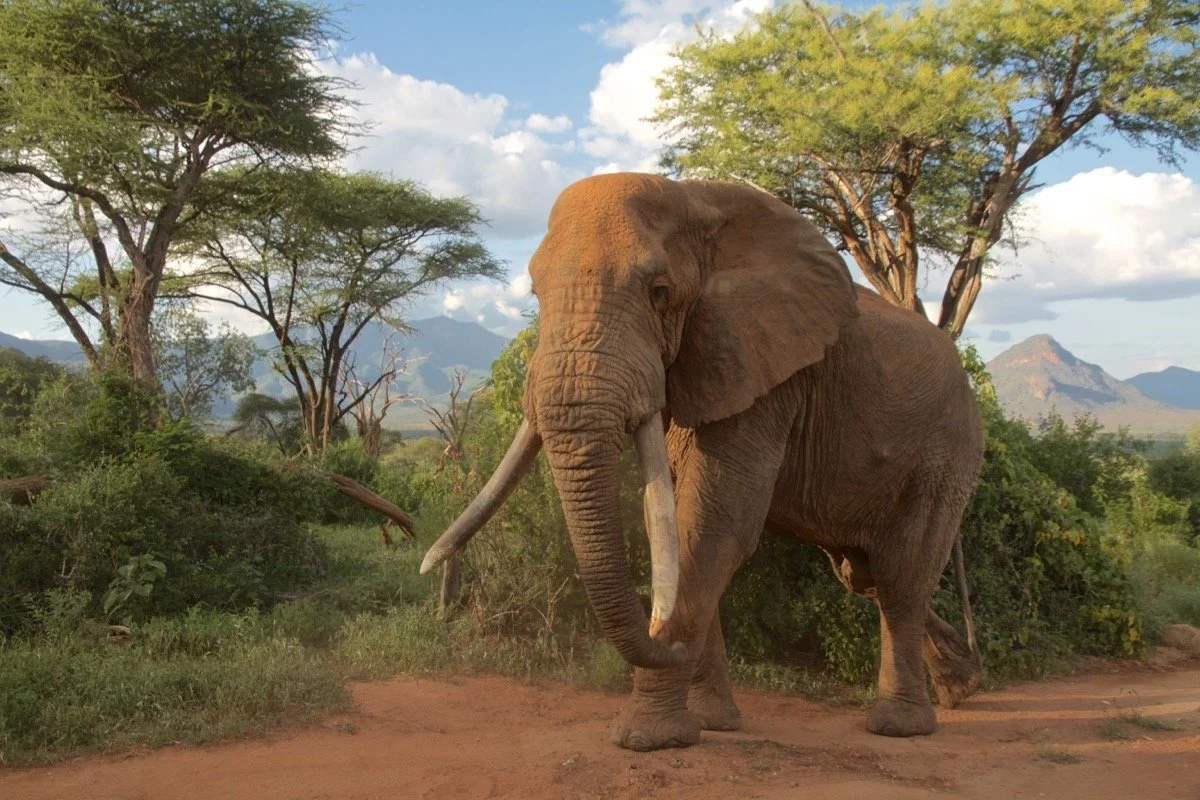Conversations with a Big Tusker
I found myself talking to an old elephant bull in my mind’s eye this morning, and as I lay awake in bed with a heavy heart, I quietly breathed these words:
“When people debate hunting big tuskers for trophies, they don’t consider how deeply it affects the local communities who you represent. They only see the material value of your tusks, and ignore the spiritual and ecological value you have for the people you’ve lived alongside for many centuries. They forget that by harming you, they harm themselves and the delicate natural balance that sustains us all.”
Humans crave knowledge, wisdom, and a sense of belonging to the intricate web of life. We long for meaningful connections with nature – to learn from its timeless rhythms and find calm in its beauty beyond our chaotic lives.
Selling a soul – whose history is etched into its weathered tusks and thick skin – as a trophy seems to signify a turning away from the solutions we need for our own selves and Earth’s wellbeing and health. It diminishes the sacred bond that should exist between us and the natural world – a bond rooted in respect, admiration, and a deep sense of interconnectedness.
Katie Rowe
Co-Founder: Reteti Elephant Sanctuary
As the Director of Conservation at The Sarara Foundation, Katie Rowe worked alongside the Samburu community in helping to establish Reteti Elephant Sanctuary. Katie is also the mastermind behind our Milk to Market program.
To learn more about what is happening to East Africa’s big tuskers and Tanzania’s approach to big trophy hunting, follow the links below.

